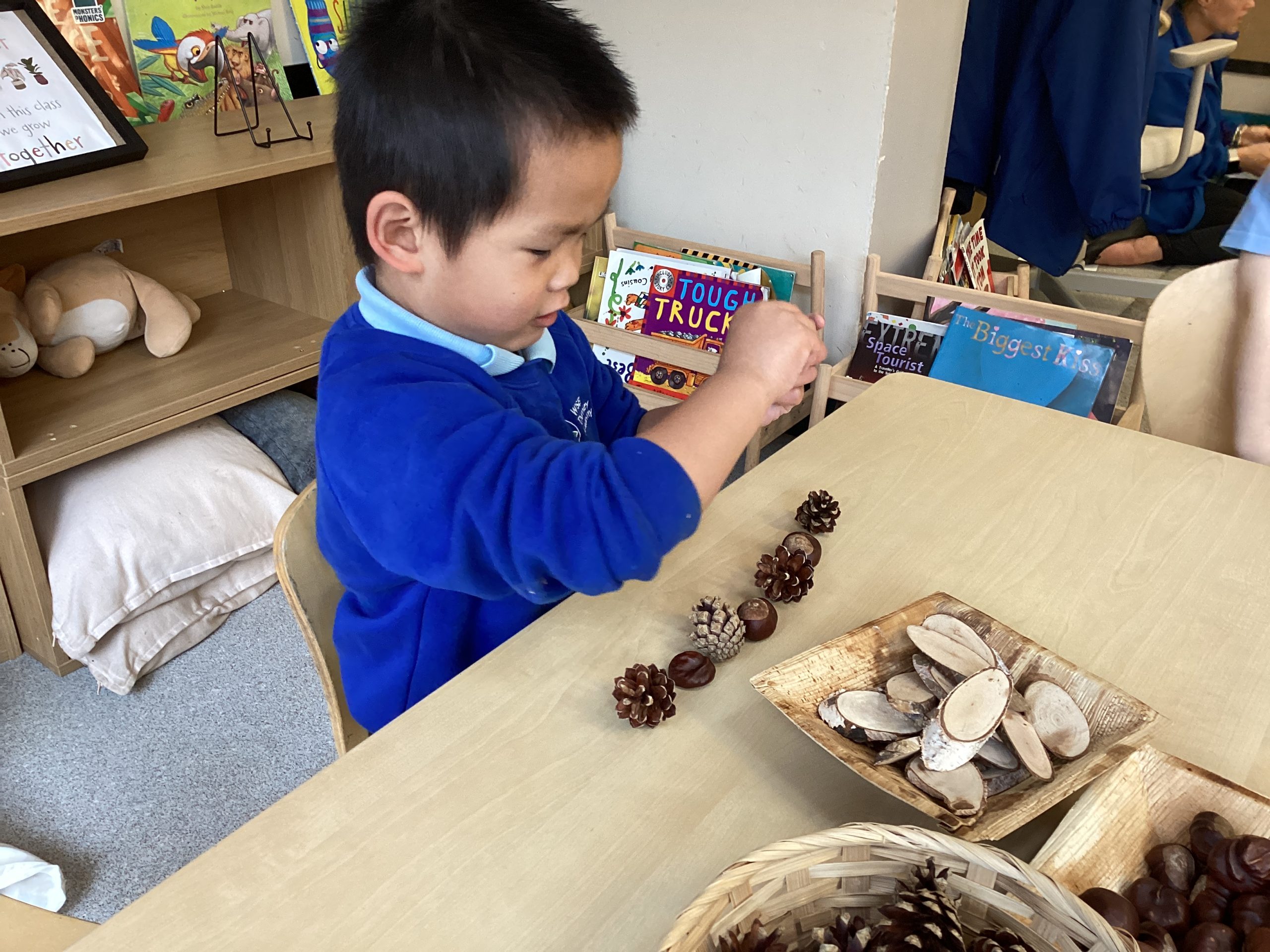Promoting Positive Behaviour
The school behaviour curriculum
Through our bespoke PSHCE curriculum, staff enable children and young people to achieve their potential by supporting their wellbeing and tackling issues that can affect their behaviour and ability to learn.
Our age appropriate curriculum provides opportunities for pupils to become understanding British citizens who make a positive contribution to their community and wider society. It allows them to recognise the importance of their voice and the consequences of their behaviour. As pupils learn through our progressive curriculum, they become able to recognise appropriate behaviours and manage difficult situations.
In school we use Restorative Conversations and logical consequences.
Restorative practice is a set of principles and practice that encourages children to take responsibility for their behaviour by thinking through the causes and consequences.
Logical Consequences encourage children to take resposbility for their actions and identify a suitable consequence. This varies for the child and situation and helps children to improve their behaviour.
Logical consequences will be:
· Related - consequence must be related to the behaviour.
· Respectful - the consequence must not involve blame, shame or pain; and should be kindly and firmly enforced. It is also respectful to everyone involved.
· Reasonable - the consequence is reasonable from the child’s point of view as well as the adult’s.
We also use the Zones of Regulation.
This is a framework for teaching children strategies for emotional and sensory self-management. The zones help children identify how they are feeling in the moment according to their emotions and level of alertness, as well as guide them to strategies to support regulation. There are four colours or ‘Zones’ blue, green, yellow and red.

Children work towards the school’s aims by:
• Following the school Calm School Code
• Making the decision to choose good behaviour.
• Attending school regularly and on time.
• Being organised: bringing necessary kit, taking letters home promptly, returning homework on time.
• Taking responsibility for their environment and for their own learning and conduct.
Teachers work towards the school’s aims by:
• Rewarding good performance and behaviour.
• Providing challenging and stimulating lessons designed to engage pupils in their own learning and enable all children to reach the highest standards of personal achievement.
• Recognising and being constantly aware of the needs of each individual child according to ability and aptitude.
• Enabling children to take increasing responsibility for their own learning and behaviour.
• Ensuring learning is progressive and continuous.
• Being good role models: punctual, well prepared and organised.
• Taking quick, firm action to prevent one child inhibiting another’s progress.
• Providing opportunities for children to discuss appropriate behaviour.
• Working collaboratively with a shared philosophy and commonality of practice.
Parents work towards the school’s aim by:
• Encouraging their children to keep the school rules and praising their child when they receive rewards.
• Cooperating fully with the school when their child does not behave well and is given a consequence.
• Ensuring that children attend in good health, punctually and regularly including taking holidays in the designated holidays and not in term time.
What is Bullying?
There is no legal definition of bullying, but it is usually defined as repeated behaviour which is intended to hurt someone either emotionally or physically. Bullying can happen anywhere: at school, travelling to and from school, in sporting teams, in friendships or family groups or in the workplace.
Bullying can take many forms including:
- physical assault
- social bullying
- threatening behaviour
- name calling
- cyberbullying
Our curriculum at Thornley Academy ensures that our children understand that there are different kinds of bullying and what to do if they feel that they are being bullied.
When a child or parent reports bullying to the school, we look at the reported incident individually.
In many cases, what is reported is often a simple fall out between friends which has been misinterpreted. Children are supported through ‘conflict resolution’ by staff, and helped to understand the difference between ‘falling out’ and bullying’.
On other occasions, the perpetrator may not be aware that their behaviour is actually bullying. They are perhaps modelling the behaviour of adults or other children and young people, not understanding that it is wrong because they have never been taught otherwise. In these circumstances, the intent to bully may not be present, but the impact and effect on the person being bullied will be no less severe because of this. It is explained to the child bullying that their behaviour is unacceptable and why. Support is also given to the bullied child to ensure they understand what has happened and how they will be protected from further incidents.
Bullying can affect children in different ways and supporting them to overcome negative feelings is always our primary concern. If they are unable to respond effectively and regain their sense of self and control in the situation, adults will support to help restore it.
If you suspect that your child is being bullied, do not hesitate to get in touch with a member of staff. We will always do whatever we can to make a child's situation better. Along with our WISE Academies Family, we have developed a range of policies and procedures that enable us to take swift action to investigate allegations of bullying and put support in place for all concerned to eradicate the undesirable behaviour and offer support. Policies available include:
- Anti-bullying policy
- Anti-cyberbullying policy
- Child Protection and Safeguarding Children policy
- Behaviour Policy
Bullying is neither accepted nor tolerated at Thornley Academy. Working together with children and families, we can make things better for everyone.
